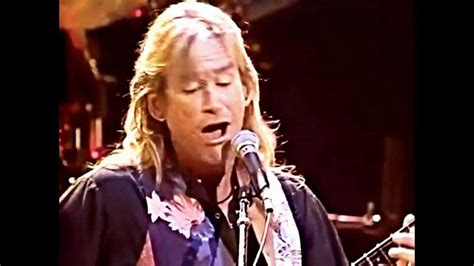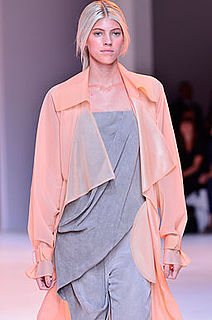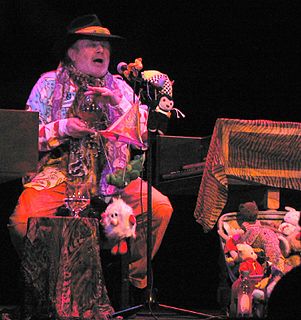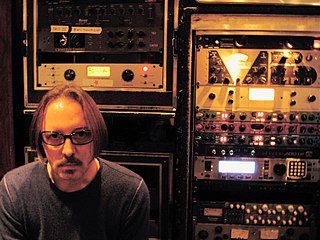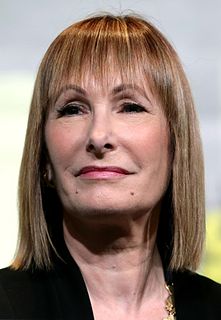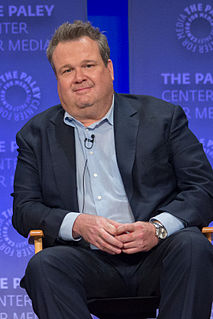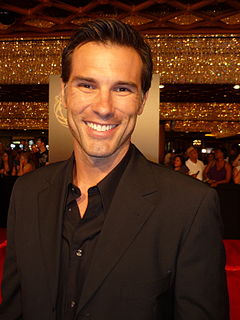A Quote by Jeph Loeb
There were radio shows where you actually got to hear people play off of each other and get that immediate magic that goes on. And rather than doing what a lot of shows do, where an individual comes in, reads their part, and you edit it together later on and try to build a performance, we're lucky because this is really very much a theatrical performance that is going on, every single week.
Related Quotes
We played a show the other week at this festival and it was an audience that I'd never normally play in front of. That's one the greatest things about festivals: you don't always get your audience, you get people who just pop in out of curiosity. The reaction was amazing; there were people dancing, which we've never had, I guess because the message is pretty powerful and the performance is a lot more visceral than it has been previously. The audiences seem to be reacting to that really well and it's a wonderful thing, because at a performance you really bounce off your audience.
I'm trying to change theater, in my own way - not just magic. I say that humbly, because I'm learning every single day. I do 15 shows a week, and every single audience I have is like a test screening for you, when you listen and go, "Really? They laughed at that?" All over the stage I have lines, written onstage, that I'm changing every single day.
I found so much fun in the light shows and the multimedia shows of the hippies. That was when I was a student in the 1960s, and I was in New York, so I learned how to deal with writing, recording sound of other people, performance art - because that was a new territory, and I liked everything that was new and provocative. That interested me more than becoming anything specific.
Generally I try to be on set as much as possible, especially during the early part of a season. I read all of the outlines and scripts and look at the auditions and the cuts for my other shows and give notes on all of that. There's a lot to do, but I enjoy nothing more than being on set because that's where the magic happens.
One of the things on a very practical level as an actor or actress is that when you do a play, you do the entire story every time you do it. You have eight shows a week. You have a rehearsal process of four to five to six weeks. And then once you're in performance, everybody else goes away and you're there with your fellow actors and the audience and the material and your life becomes about that. And you go through the story from the beginning to the end every time you do it and depending on how long you do it, that's where the craft comes in.
Artists should re-emphasize performance and de-emphasize recording. You always make more money if you have a healthy performing life than you will if you have even a moderately healthy recording life. Don't make recording the most important thing you do. Make performing the most important thing you do, and then you can make recordings and sell them at your shows, because record labels aren't going to be around to help you get on the radio stations, and the radio stations probably aren't going to play you anyway.
When we were not shooting [The Hangover] we were sleeping, so pretty much every waking moment we spent together. And, you know, Bradley [Cooper], Zach [Galifianakis] and I were acquaintances before the movie started but we became good friends very quickly and spent so much time together that it was just inevitable we were either going to really hate each other or really like each other. Thank god it turned out to be the latter.


